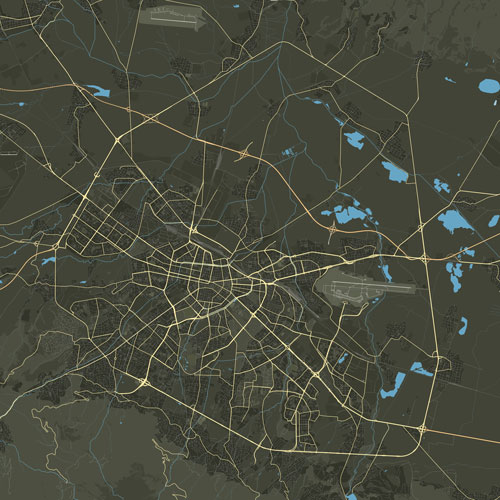In the First Balkan War (1912-1913), Bulgaria joined the conflict with the goal of achieving national unification. The Bulgarian military conducted its main operations in various regions, including Lozengrad, Ljuleburgas, Bunarhisar, Chataldzha, Bulair-Sharkoi, and Edirne. Meanwhile, Serbian and Greek forces were engaged in warfare in Vardar and Aegean Macedonia. The war concluded with an Allied victory and the signing of the London Peace Treaty of 1913, through which Turkey relinquished all lands west of Media-Enos.
However, disputes arose among Bulgaria, Serbia, and Greece regarding the distribution of the conquered territories. Serbia laid claim to a significant portion of Vardar Macedonia, while Greece sought control over the Aegean Macedonia it occupied. Tensions heightened when Greece and Serbia signed an alliance treaty with an anti-Bulgarian orientation on May 19, 1913, effectively ending the Balkan Union.
Subsequently, on June 16, at the order of Ferdinand I, who also served as commander-in-chief of the Bulgarian troops, Bulgaria launched an attack on its former allies, initiating the Second Balkan War (1913). This decision placed Bulgaria at war with all its neighboring countries. Ultimately, on July 28, Vasil Radoslavov’s government signed the Bucharest Peace Treaty, followed by the Constantinople Peace Treaty on September 16. The outcome of the war marked a significant defeat for Bulgaria and was viewed as the first national catastrophe for the Bulgarian people.
Bulgaria found itself increasingly isolated in the Balkans, with no support from the Great Powers. In response, Vasil Radoslavov’s government pursued closer ties with Germany and Austria-Hungary, a move that influenced Bulgaria’s decision to join the Central Powers at the outset of the First World War (1914-1918). On August 24, 1915, Bulgaria signed a treaty with Germany, along with a convention involving Germany, Austria-Hungary, and Bulgaria, in addition to agreements with Turkey. Subsequently, on October 1, Bulgaria declared war on Serbia, followed by a declaration of war on Romania on September 1, 1916, and on Greece on June 26, 1917.
The prolonged duration of the war exacerbated Bulgaria’s financial, economic, and food crises. Anticipating the growing discontent, an anti-war movement emerged at the front lines, accompanied by demonstrations within the country. This discontent eventually led to an armed attempt to end the war and overthrow the monarchy. Consequently, on October 3, 1918, Ferdinand I abdicated in favor of his son Boris Turnovsky. The following day, Tsar Boris III issued a decree for the demobilization of Bulgaria’s armed forces, which were occupied by the troops of the Allied Powers.

